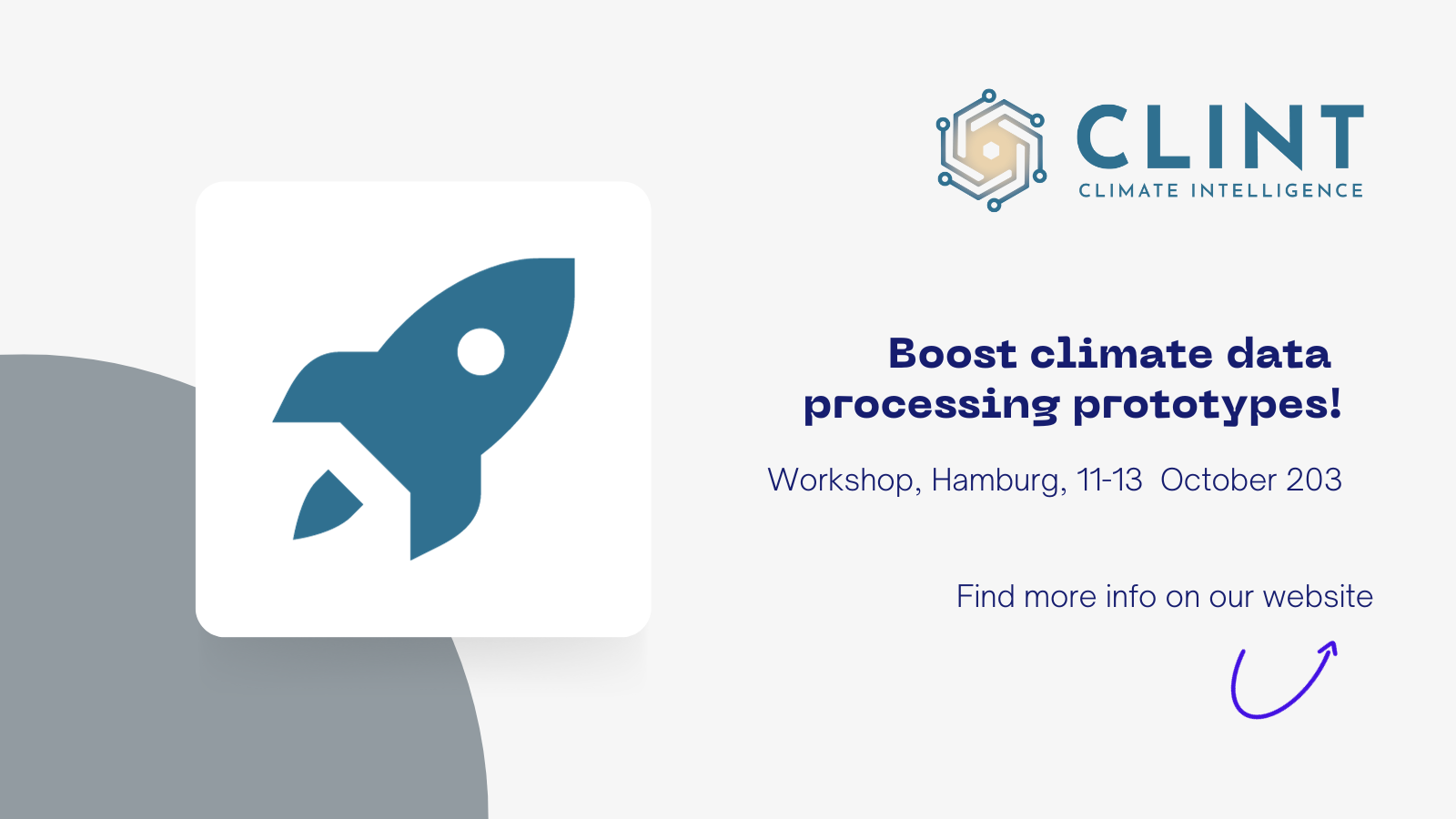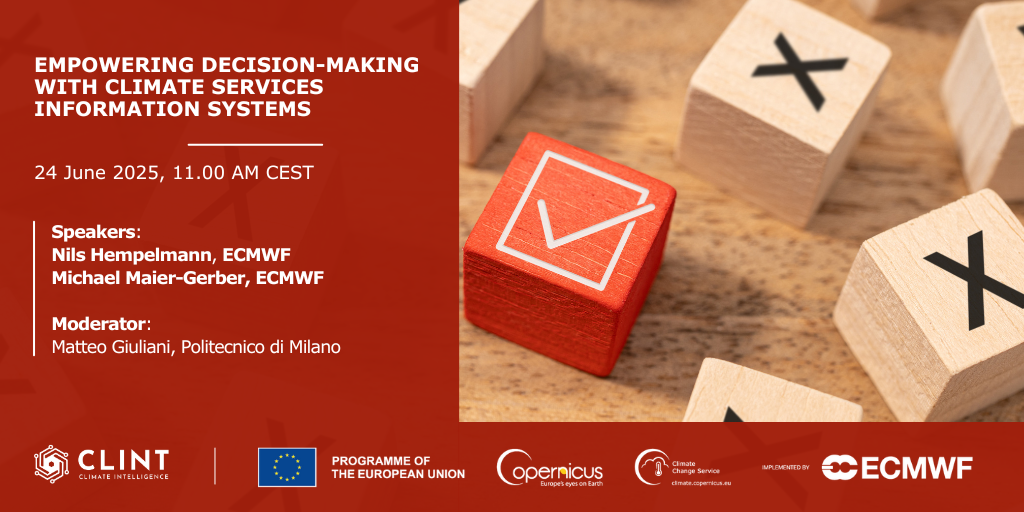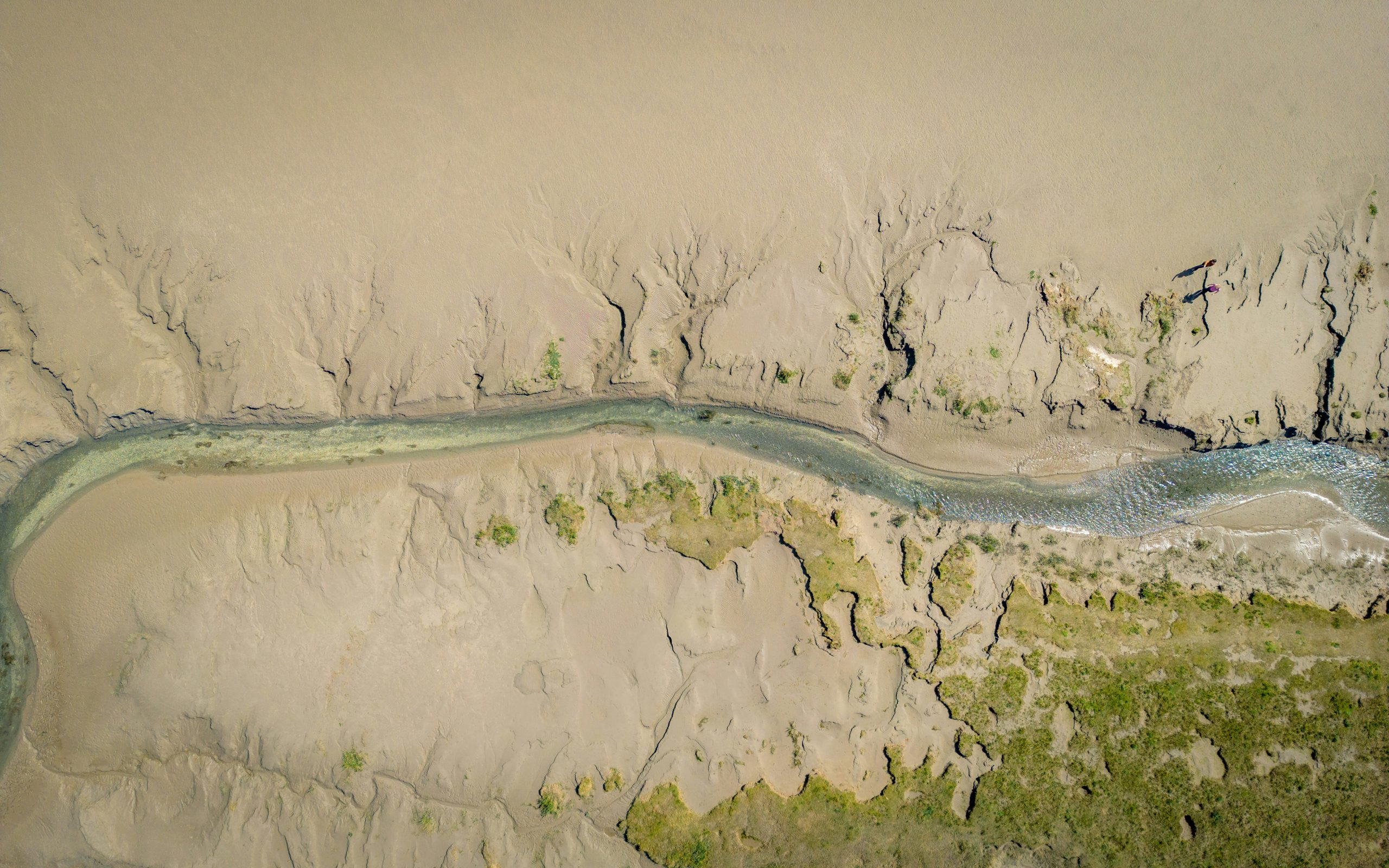Climate datasets rapidly grow in volume and complexity and creating climate products requires high bandwidth, massive storage and large compute resources. For some regions, low bandwidth constitutes a real obstacle to developing climate services. Data volume also hinders reproducibility because very few institutions have the means to archive original data sets over the long term. Moreover, typical climate products often aggregate multiple sources of information, yet mechanisms to systematically track and document the provenance of all these data are only emerging. So although there is a consensus that climate information should follow the FAIR Principles [Mons et al., 2017, Wilkinson et al., 2016], that is be findable, accessible, interoperable, and reusable, several obstacles hinder progress. The following principles can help set up efficient climate services information systems, and show how the four FAIR Principles not only apply to data but also to analytical processes.
Within WP8, in the current stage of the CLINT project, the principal workflow on how to transfer scientific methods into technical services has been set up and demonstrated with one prototype. A
DEMO is available here: https://clint.dkrz.de
On 11-13 October 2023 a workshop will be organized in Hamburg.
The scope of the event is to:
- Training on staff not/less familiar with OGC Climate application packages based on WPS / OGC API processes.
- Training on the CLINT data repository and associated Jupyter Notebook lab
- Discuss and enhance the architecture of the current CRIS demonstrator
- Enhancing Documentation and training material
- Enhance existing prototypes to be deployed into the demonstrator.
- Set new prototypes in place
To register for this event follow the link
More info will be available after registration.




